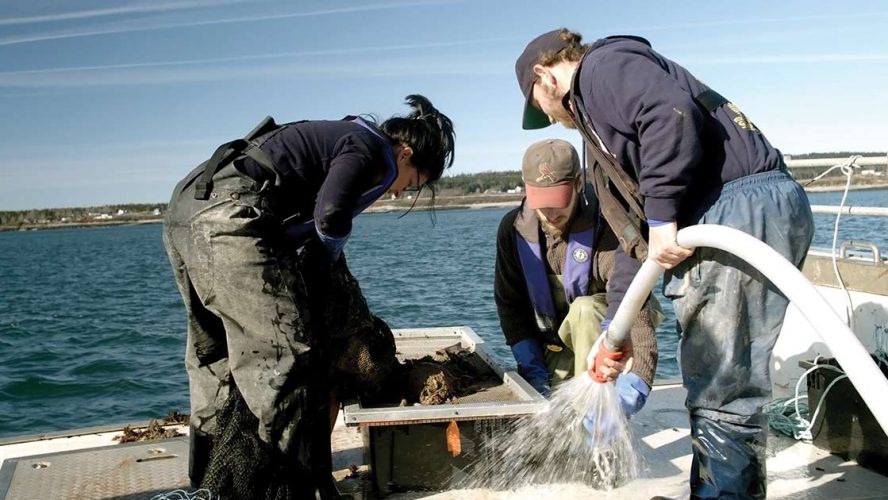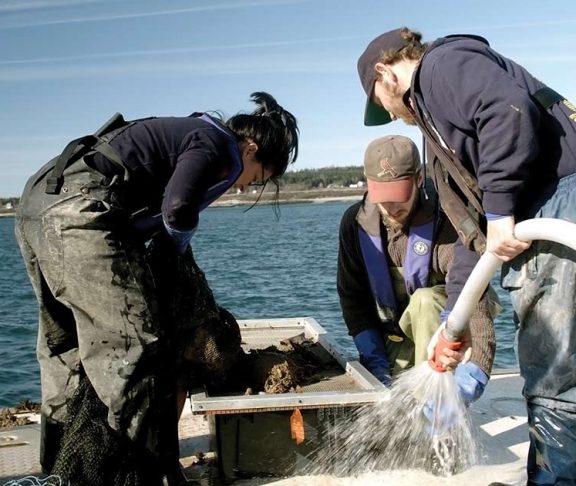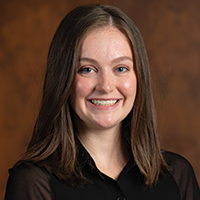
Anna Postill
UNB Student & Schulich Scholar
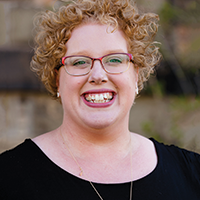
Dr. Sarah King
Director of Experiential Education, UNB
Do you want to connect the theoretical concepts of a university education with real-life issues? Do you look forward to making connections and building meaningful relationships with professors and peers? Do you hope to graduate debt-free?
Experiential learning, smaller class sizes, and abundant scholarships can make all this possible.
The University of New Brunswick (UNB) is a top comprehensive Canadian university that’s doing things differently. UNB students are motivated, engaged, and connected with their communities.
How? For one thing, the school provides a right-sized education. It has over 75 programs and world-renowned professors — but its 15:1 student-to-faculty ratio means that professors know students’ names. UNB focuses on building opportunities for experiential education — or hands-on, applied learning — into every faculty. And it offers extensive financial support, with one in two high school students receiving a UNB scholarship.
Building community
“I like that UNB is a smaller school but also established,” says Anna Postill, a second-year chemical engineering student and Schulich Scholar who moved from Ontario to New Brunswick to attend UNB. “Your professors know you and want to help you. Everyone at UNB is super welcoming. It’s been easy to get to know people and feel at home.”
Experiential learning has enriched Postill’s education. She’s a part of UNB’s co-op program, and enjoyed a summer placement at Danmare Group, an engineering consulting firm in Vaughan, ON. Experiential education takes students out of the classroom and into the real world. “Next semester, my class gets to visit a local dam to learn about the chemical engineering process behind it,” says Postill. “I’m looking forward to that.”
Authentic experiences
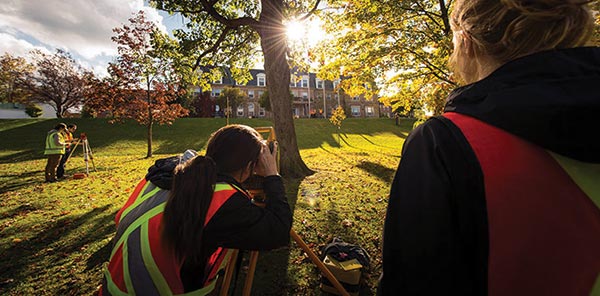
“Experiential learning helps students connect their academic learning with authentic experiences,” says Dr. Sarah King, Director of Experiential Education at UNB. “Students engage in reflection to help them put the experiences they’ve had into context and to connect them with what they’ve been learning in their disciplinary programs.”
UNB’s experiential learning includes work-integrated opportunities like clinical placements, practica, internships, and co-op placements as well as project-based learning.
“An example of project-based learning is a partnership we have between our Faculty of Management and the New Brunswick Association for Community Living, a not-for-profit that works with individuals with disabilities,” says Dr. King. “Students are engaging in an analysis of its community collections program. The work they’re doing in their class is directly benefiting the organization and is authentic work that they could be doing once they graduate.”
Cultivating engaged citizens
The benefits of experiential learning are immense. Students who participate are more likely to graduate, and tend to have higher grades. They also become more mature and confident, and increase their problem-solving skills. “They’re also more connected with their communities and more likely to be civically engaged when they graduate,” says Dr. King.
UNB offers a robust awards program, with millions of dollars in scholarships available each year. This improves access to quality education and lets students focus on their education, experiential learning, and becoming engaged citizens.
“Being a Schulich Scholar has enabled me to focus on my studies and extra-curricular activities,” says Postill. “For example, I’m part of our Engineers Without Borders Chapter. It’s pretty interactive. We get to deal with real-life problems and relevant issues, both locally and globally.”
UNB just completed a major fundraising campaign, raising over $62 million for student financial support. UNB is committed to providing an engaging and enriching education within a community that challenges and supports you every step of the way.
5 Reasons to Study in New Brunswick
Location
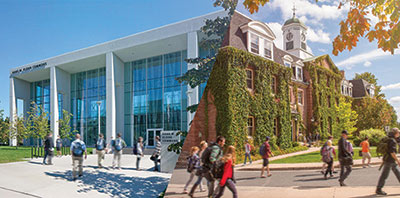
The University of New Brunswick campuses are located in two of New Brunswick’s main cities: Saint John, Canada’s oldest city, and Fredericton, New Brunswick’s capital. Surrounded by picturesque rivers, ocean, parks, and trails, Fredericton, and Saint John have vibrant art and music scenes, fabulous farmer’s markets, and endless places to explore. Whichever campus you choose, you’ll be surrounded by a supportive and welcoming community ready to make you feel at home.
Cost
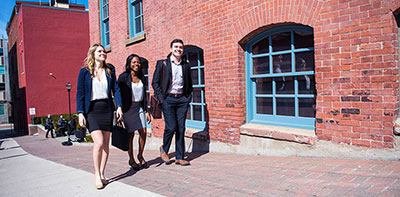
Life is a lot more affordable on the east coast. You’ll enjoy a cost of living that’s lower than most major Canadian cities while benefiting from competitive tuition rates. You can also help pay for your tuition by working as you study and earning scholarships. At UNB, one in two students entering from high school receive a UNB scholarship.
Programs
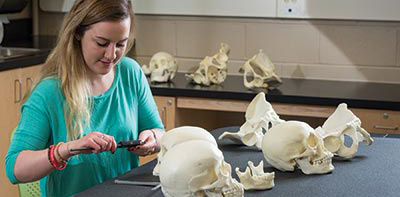
As Canada’s oldest English-speaking university, UNB has had more than 230 years to perfect the university experience. You can choose from over 75 programs and study with world-renowned professors who partner with companies like NASA and Google. And with a 15:1 student-to-faculty ratio, they’ll even know you by name.
Culture

Whether you’re inspired by the coast or the forest, a lover of art or music, a night owl or an early bird, New Brunswick is the place for you. You’ll be proud to show off your new home and will wonder how you ever survived a snowstorm without “Storm Chips” or life without “Garlic Fingers” and donair sauce.
Career Opportunities
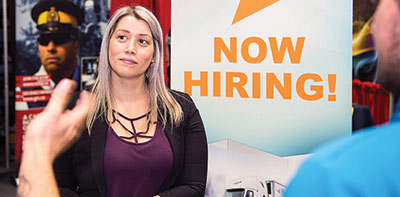
UNB offers experiential learning opportunities in every faculty to allow you to apply your knowledge and give you a leg-up when you’re ready to hit the job market. New Brunswick is also leading the way in exciting new fields like cybersecurity, digital grid technology, and manufacturing. Learn more about experiential learning below.
